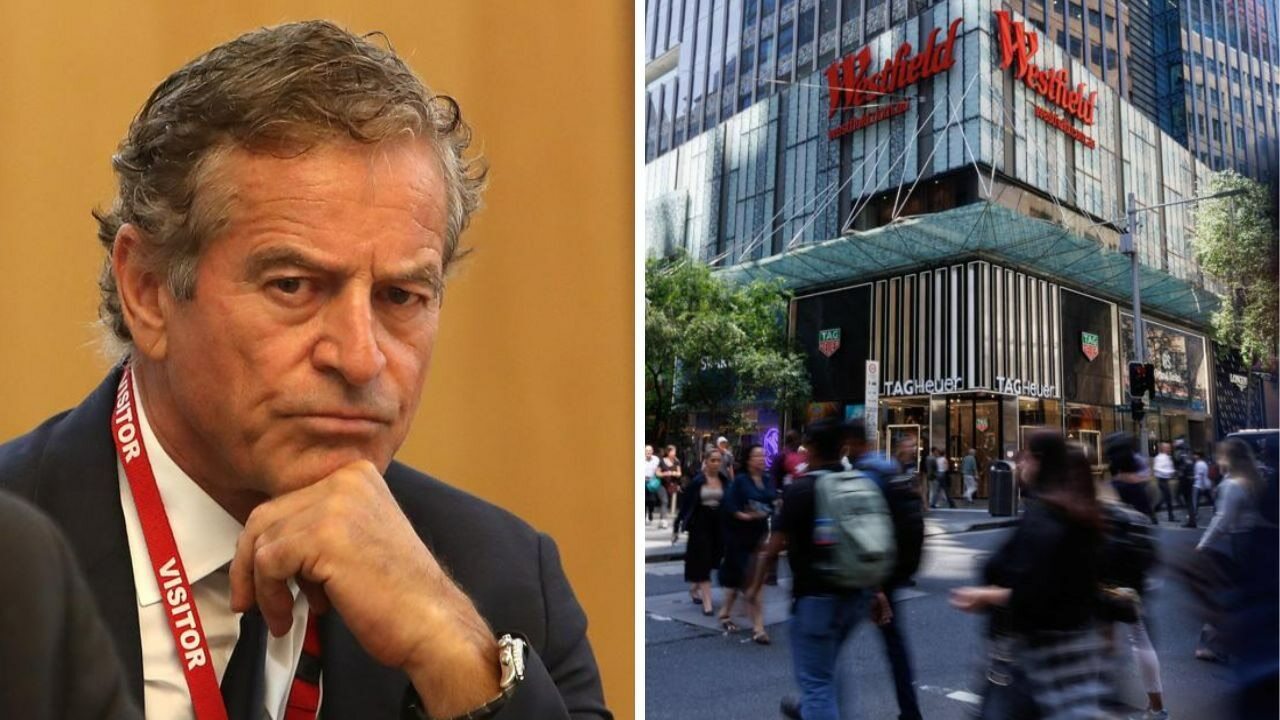https://www.news.com.au/finance/economy/interest-rates/mark-bouris-warns-austral...Mark Bouris warns Australia now on the ‘verge of a full-blown recession’
One of Australia’s top finance experts has issued a grim warning about the economy -
and shared a telling clue about what’s to come.
Mark Bouris
3 min read
December 11, 2024

Mark Bouris
But now, the negative impacts of high interest rates outweigh the benefits.
High interest rates have slowed the economy to the point whereby we’re on the verge of a full-blown recession.
High interest rates are killing household budgets because the cost of servicing mortgages has skyrocketed.
As a result, households are spending less money at the shops.
That means businesses are seeing their sales tank at the same time as their costs rise.
If the situation gets any worse for businesses, bosses will have to cut their costs.
That means they’ll have to let go some of their workers, which will drive unemployment and see people forced onto the dole.
This is a recipe for disaster, and the Reserve Bank can’t let it happen as a result of its one-dimensional anti-inflation crusade.
By the way, the situation out there is worse than the economic figures out from the RBA and the Australian Bureau of Statistics suggest. Because the economy is being propped up by government policies.
First of all, record-high immigration is artificially inflating economic growth.
That’s hiding the full extent of the pain households and businesses are feeling at the moment.
The same goes for public sector spending.
The majority of new jobs being created at the moment are in the public sector.
The taxpayer is paying for all of that.Meanwhile, the private sector is struggling.
Business investment is down.
New private sector jobs aren’t being created.
But the boom in the public sector is hiding this.
It’s making things look better than they really are in the economic data published by the ABS.
The RBA must take this into account, just as it has to take into account the supply side of the economy.
You may be led to mistakenly believe that the only way to kill inflation is to hike interest rates.
But that’s not true.
One of the core drivers of inflation at the moment is electricity bills.
But high interest rates won’t bring down power prices.
The only thing that will bring down power prices is building more baseload power stations and increasing domestic gas supply.
The same goes for grocery prices.
One of the reasons grocery prices are so high is because the supermarket system in Australia is a duopoly.
Woolworths and Coles control most of the market.
That means they can charge high prices without losing customers to competition offering lower prices.
Again, interest rates won’t do anything to boost competition in the supermarket sector.
That’s a job for the Australian Competition and Consumer Commission (ACCC).
This is why the RBA should hand down a rate cut in February, especially considering the rest of the world is already doing it.
In New Zealand and Canada, rates have already come down by 1.25 per cent.
In the EU, rates have come down by 1.1 per cent.
In the US and Switzerland, they’ve come down by 0.75 per cent.
In the UK and Korea, they’ve come down by 0.5 per cent.
Let’s hope the Reserve Bank follows in February.
Because if they don’t, we’ll trade high inflation for a recession.

 Forum
Forum

 Home
Home 

 Album
Album 

 Help
Help

 Search
Search

 Recent
Recent 

 Rules
Rules 

 Login
Login

 Register
Register





 Pages: 1
Pages: 1 

